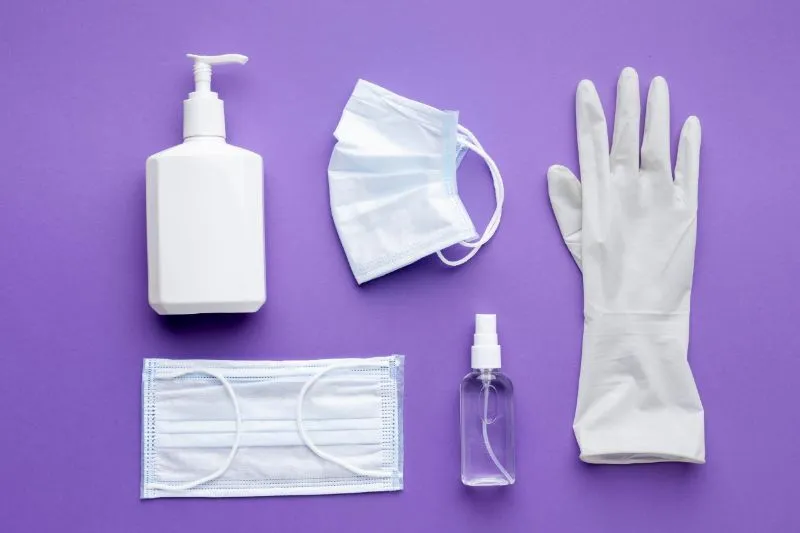The COVID-19 has changed the entire world, with around 3 million people affected by the virus and 204,000 dead as a result. These numbers continue to grow as the virus spreads. While many countries are going for complete lock-downs, there are some that are implementing partial lock-downs and strictness. What may feel like ordinary flu or cough can be much more serious than you could have thought.
This virus starts off gradually in people with very basic symptoms such as a dry cough,
flu, fever, and fatigue. However, not everyone faces the same symptoms, and many people may face congestion, difficulty in breathing, body aches, and diarrhea. Most of the times, people get affected by the virus and show very mild symptoms, while also recovering from the disease. According to the World Health Organization, 80% of the people who get affected by the novel coronavirus recover from it without the need for hospital treatment.
Can you recover from coronavirus?
Even though there is no vaccine to cure
COVID-19, there are certain measures that are taken to help people recover from the disease. The most important thing to do is to self-isolate oneself if infected with the virus. This way, you can protect others from the contagious germs you carry. Moreover, since no vaccine has been created, doctors are treating patients with medications for the symptoms they face.
However, if you have a strong immune system, you have more chances of recovering from the disease if you get infected. So it is better to take precautions and improve your diet to stay safe from the virus.
What happens if you have coronavirus?
Since doctors are implementing self-isolation and quarantine during the coronavirus, you should not step out of the house. If you face the symptoms of
COVID-19, the first thing you should do is isolate yourself from your family members. Furthermore, you should contact a doctor and explain your symptoms. In case your doctor recommends some tests for you, rather than getting out of the house, you can book an appointment for your screening through
Cura4U and also get your results online. Restrict physical contact as much as you possibly can and work on boosting your immune system through a healthy diet and medicines.
Are you safe from COVID-19?
Looking at the rapid rate by which the numbers of coronavirus patients are increasing, no one is safe from the disease. It should be noted that certain people are at higher risk of getting dangerously affected by the coronavirus. These include the elderly and infants who have a weak immune system as compared to others. Moreover, people who have heart diseases, diabetes, lung problems, and other medical conditions are more prone to the virus than others.
Who is safe from the novel coronavirus?
Since the only way to stop the spread of this virus is to restrict physical contact with others and isolate oneself in the house, people following these procedures are less likely to catch the
coronavirus. Governments are prohibiting public gatherings and implementing work from home, so the spread of the deadly virus can be controlled to some extent.
How to prevent the spread of COVID-19?
This
virus is known to spread from the touching of the face and from coming in contact with people who are carrying the germs. Washing your hands frequently, and for a minimum of 20 seconds, with soap and water is recommended. In case you do not have soap or water, you can use an alcohol-based hand sanitizer to kill any germs remaining on your hands.
You should limit yourself to your house and stop going out without any reason. Cover your face with a mask and cover your mouth while coughing or sneezing. Following such measures, we can all play our part to combat the coronavirus and stop it from spreading.












